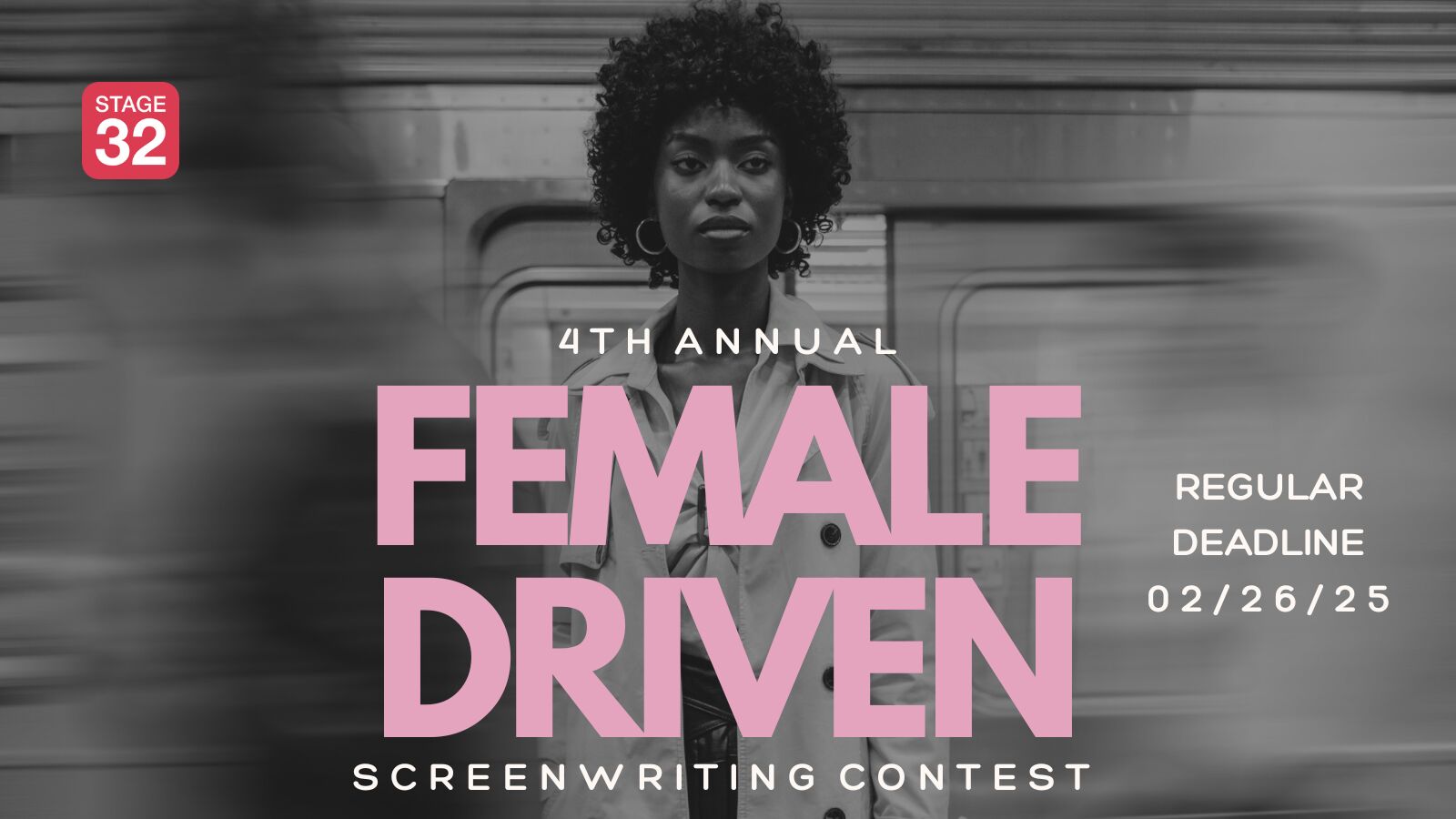I have purchased most film equipment so when I make a film I have what is needed just in case. The only thing I have yet to get is a permanent camera. This will be an opinion poll-- 01: Buy a complete camera with glass and accessories... 02: Buy a nice set of glass and rent a camera... 03: Borrow beg, wish, and hope you can get one for film day...



2, definitely invest in glass first. Good glass will always be good glass, while technology changes. If you work with a Director of Photography, they may have access to an excellent camera package, and not having to rent lenses will save money. I recommend PL or Nikon mount lenses Zeiss or Cooke are some of the best.
2 people like this
I am using a combination of Nikon primes and zooms and getting good results with both. I do prefer the older glass with manual aperture rings.
Yes, I just ordered some Nikon AIS primes and a 80-200mm zoom. I'm looking forward to playing with these!
1 person likes this
I just shot the still portion of the first Raise Your Weapons project with a Nikon 70-200mm and the video with a 24-70mm.
1 person likes this
Also bought a new Nikon 20mm prime for $50!
Well since I don't plan on doing any mega budget films anytime soon, I might just get a PL mount for my Canon DSLR and some Zeiss Compact Prime Lens - thinking 35mm - 50mm - 85mm. Any better suggestions?
I'd personally buy something cheap, a DSLR maybe, or just save the money, and rent a camera operator who has one. There are many always seeking gigs.
Hey Travis, Nathan is on the mark with his suggestion. Definitely focus on collecting a good set of lenses for future projects. In the meantime, practice, practice, practice with your current Canon DSLR. Nothing beats training your eye, which is much more important than which body to purchase. At the same time, however, you can rent bodies that differ from your current one to see the in's and out's, or, by pursuing work, you can work with the production's equipment, which is always fun!
Thanks for all the advice so far. I mainly write and direct so camera work is not my specialty. But I personally feel as a filmmaker to have the knowledge in all aspects is key. While directing my films, I have a better sense of what is going on and a keener eye on whats being presented infront of me.
Unless you are planning on renting out the equipment I wouldn't buy right away.
And unless you plan on being the cinematographer, I wouldnt buy any equipment. Most, if not all DP's have their equipment and its probably better than what you have and would be better in the long run to hire them. Plus if equipment breaks its not your problem and you wont be responsible to replace it unless you broke it yourself.
If you want to be hands on you should start with an inexpensive DSLR ie. Canon 60D, t2i, t3i and rent some prime lenses or a full kit from lensprotogo.com find what lenses work for you, they will help you put together a package. Once you see where this career takes you then start making the heavy purchases. To get more refined with composition and framing you can check out some webinars online that deal directly with that. Good luck.
1 person likes this
As a movie-maker, I've always worked to maintain a camera-on-hand so I can shoot where I want, what I want and, most importantly, WHEN I want. I currently carry a Kodak Zi8 with me at all times. Believe it or not, with a slight increase in chroma in post, it gives me as good a picture as my Canon XH-A1 3 chip. I think it really depends on where your end product is planned to go ... internet, broadcast, cinema ... as to what level camera you want to buy.
Glass.
Nathan is right. Lenses improve slowly, digital technology improves quickly so if you buy anything buy lenses and rent the most recent camera.
2 people like this
I say buy a camera! You don't need to be a DP to own a camera. As the writer/director/producer, etc... You'll want to know what you are shooting with and that you can have access to it whenever YOU want...
Rent the right tool for the job.
Rent cameras unless you're made of money and ok loosing a few thousand bucks once you build any kind of workable package.
I was working with a famous D.P. and asked how I could be a great cameraman? Je said buy the most expensive camera you can find. I said "How will I pay for it"? He said" I guess you'll have to find work for it won't you". He was right, it was hard but I found work for it to pay for it !!!
2 people like this
I raise a glass to the new Camera guys. Who knows if the price will be half what it was last week and/or new tech that may outdate your unit whatever it may be. I love film so much. The true blacks the true hues the real reds. But that was yesterday and yesterdays gone
2 people like this
I've done a mix of renting and purchasing and have noticed something I call the "10% rule". Most gear rents at 10% the purchase price per day of rental. That being said, if you plan to use something more than 10 days, it would be best to either buy or borrow from a friend. Sandbags and C-stands follow a 20% rule for some reason. All the rest of the gear seems to go at 10% Get the glass first though. Definitely a good investment.
2 people like this
Lenses have a much longer life than cameras, especially digital cameras. I would say buy the best lenses you can and rent the cameras until you are working enough to think about buying the body.
True, Zack Richardson! Technology changes too fast, renting is still the best option.
I have not worked on the internals of cameras in years so I don't know what I could do with a digital camera, but I know how to adjust a Sony BVP-7/70 camera to look like a film camera, with rolloff details in the blacks and whites approximating film and no , repeat NO, noise on the steps of a chip chart. With the Bayering and compression in most digital cameras, I doubt I could do much with them but I would love to try if someone has one I can experiment on.
Your image is as good as the glass that it passes through...so consider first buying good lenses and im pretty sure you can find a camera cheap enough untill you can upgrade to the more expensive....but still lenses are important for the image